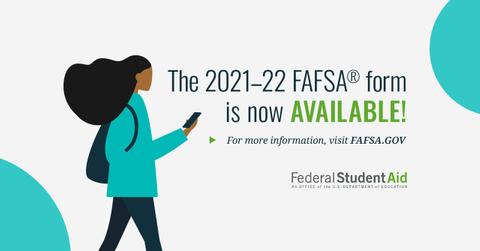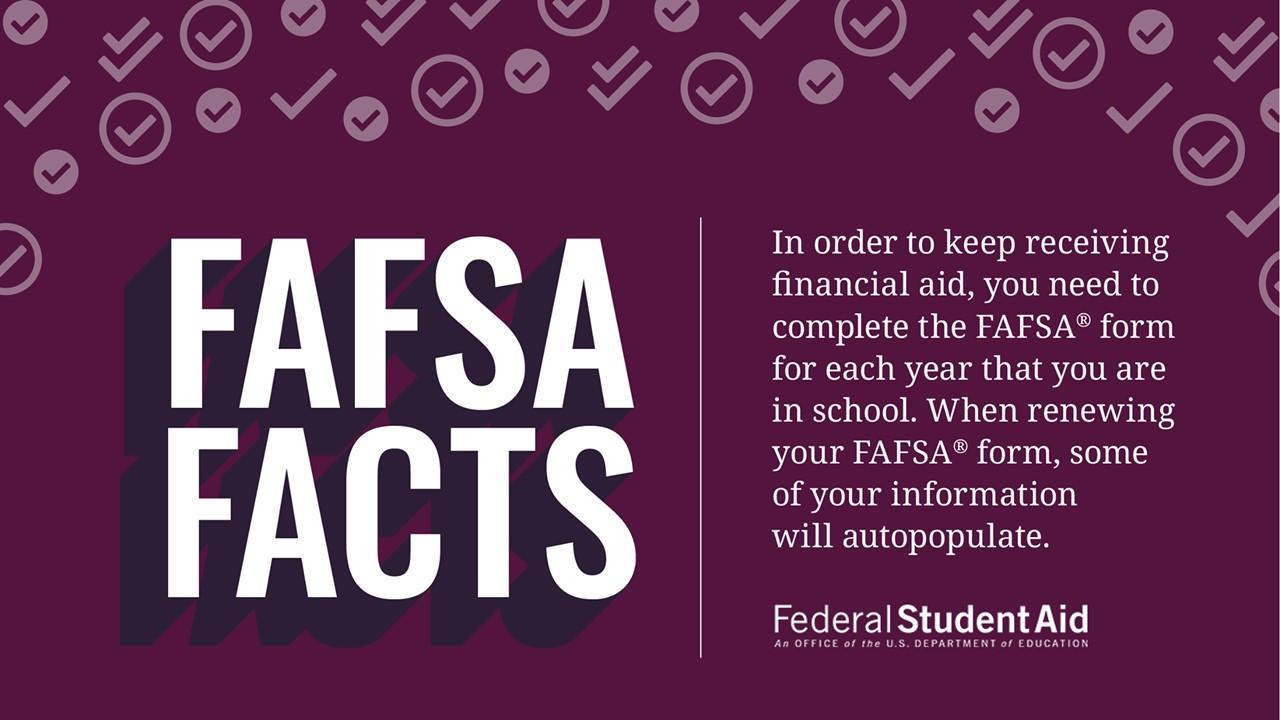FAFSA Is Asking for 2019 Tax and Income Information—Here's Why
FAFSA (Free Application for Federal Student Aid) is asking for 2019 tax and income information because it evaluates applications based on previous income.
June 30 2021, Published 1:35 p.m. ET

Each year, U.S. college students and families apply for the FAFSA (Free Application for Federal Student Aid). Many potential applicants wonder about parts of the application. One part of the FAFSA for the 2021–2022 award year is a request to see information about your 2019 taxes and income.
The Federal Student Aid organization, an office of the Department of Education, provides online answers for many of the most commonly asked questions about financial aid and the FAFSA. It gives several reasons for requesting information on 2019 taxes on the application. It states that providing the information will benefit students as well as their families.
What is the FAFSA?
The FAFSA is important for anyone who needs financial assistance for college. The FAFSA determines if a student qualifies to receive student loans or grants to finance higher education.

You should complete the FAFSA before each year you plan to attend college or graduate school. This provides the government with income data and other information that helps decide if you will receive loans or grants. The information determines how much your financial assistance award will be for each year.
It’s a good idea to fill out the FAFSA with updated information before each year of planned college attendance. Even if your household income or other factors might be too high to qualify to receive aid, it doesn’t hurt to file an application.
Reasons to include 2019 taxes on the FAFSA
According to studentaid.gov, the inclusion of 2019 tax information will help enable the use of the IRS Data Retrieval Tool for transferring financial information for applicants. Also, it enables applicants to submit the FAFSA as soon as October of the year prior to entering college.
In addition, the Student Aid website says that providing 2019 tax information eliminates the need to estimate tax and income information before taxes are filed. This step can also reduce the need to come back and update a FAFSA form after filing taxes.

In general, the more details and information you can provide, the better you will expedite the process of applying for financial assistance. FAFSA operates by evaluating income and tax data from prior years, not the year of application, so asking for older tax information is normal.
What if my finances have changed since 2019?
Although you should still include your 2019 tax information on your FAFSA, it’s important to contact the financial aid office of the college or university you plan to attend after you submit the FAFSA. Communicate any important changes to your financial situation that have happened since 2019.
When is the FAFSA deadline?
The deadline to submit a FAFSA for the 2021–2022 financial award year is 11:59 p.m. CT on June 30, 2022. If something changes or you discover any errors on your application after that date, the new deadline to submit a revised application with any corrections is 11:59 p.m. CT on September 10, 2022.
